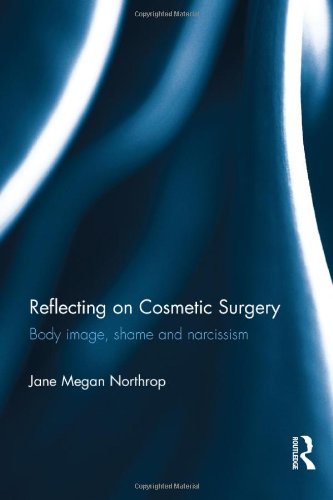

Most ebook files are in PDF format, so you can easily read them using various software such as Foxit Reader or directly on the Google Chrome browser.
Some ebook files are released by publishers in other formats such as .awz, .mobi, .epub, .fb2, etc. You may need to install specific software to read these formats on mobile/PC, such as Calibre.
Please read the tutorial at this link. https://ebooknice.com/page/post?id=faq
We offer FREE conversion to the popular formats you request; however, this may take some time. Therefore, right after payment, please email us, and we will try to provide the service as quickly as possible.
For some exceptional file formats or broken links (if any), please refrain from opening any disputes. Instead, email us first, and we will try to assist within a maximum of 6 hours.
EbookNice Team

Status:
Available4.4
36 reviewsCosmetic surgery represents an extreme form of modern grooming. It is the fastest growing medical specialty, yet misconceptions abound about those who undertake it and their reasons for doing so. With a grounded approach, engaging 30 women through in-depth interview, this study explores how they chose cosmetic surgery as an option. Their accounts frame a theoretical discussion, in which Northrop proposes that cosmetic surgery is initiated within the vulnerable and divisive relationship between the self and its poor body image.
Poor body image and the attempt at its reparation are examined conceptually through shame and narcissism. With compelling case studies and a multi-disciplinary approach, Reflecting on Cosmetic Surgery demonstrates that shame constitutes a framework through which we formulate appearance norms and learn the art of becoming socially embodied. Shame concerns the self, but manifests in response to perceived social phenomena. Through the evaluation and amendment of body image with cosmetic surgery, notions of self and social worthiness are played out.
Northrop argues convincingly for a review of the way in which we view narcissism and proposes that shame, and the discomforts arising from it, are implicated in its occurrence. This book will appeal to students and scholars across the social sciences, and particularly in women’s studies and gender studies.